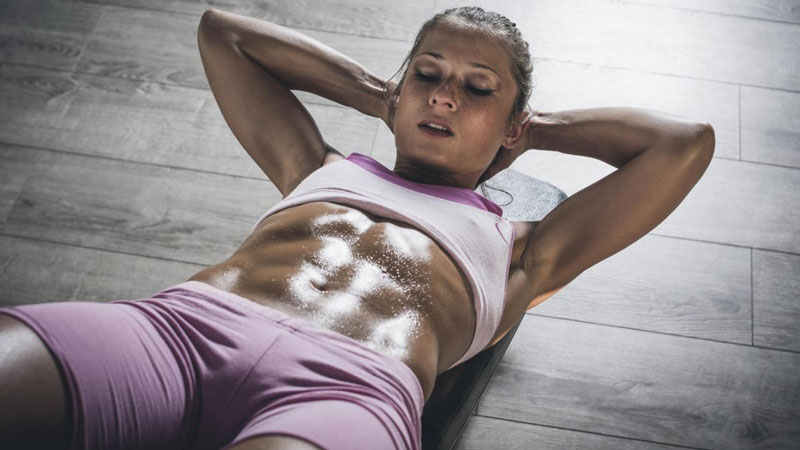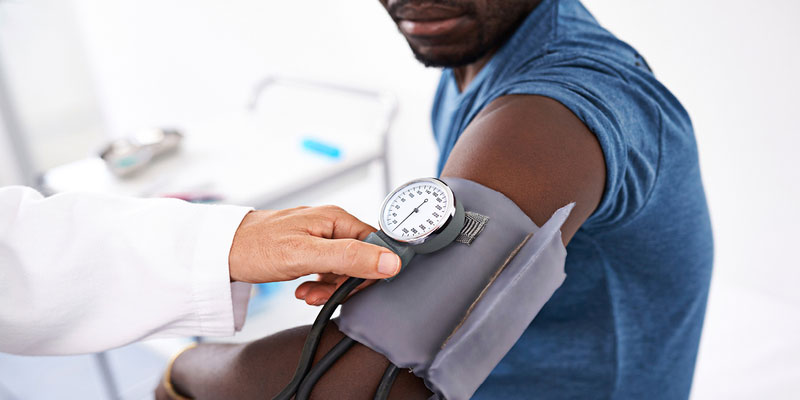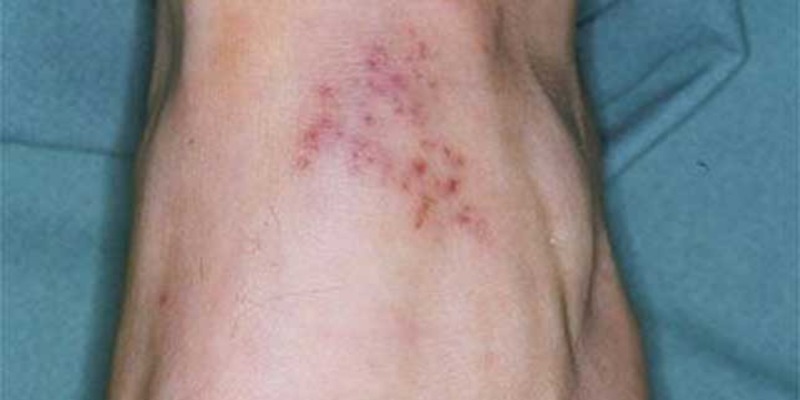The body produces sweat as a natural cooling mechanism. To help you stay cool, it releases water and salt into the air.
If you sweat away enough water, you will lose water weight. Sweating itself does not burn calories. It's simply going to be a momentary setback. Rehydrating yourself by consuming water or eating will restore whatever lost weight you may have shed.

Does Sweating Burn Calories?
Bikram yoga, for example, has been claimed to burn up to 1,000 calories an hour, although this is probably untrue. According to one research, women burnt an average of 330 calories in a 90-minute Bikram yoga class, while men burned 460 calories. You could walk briskly at 3.5 miles per hour for the same period.
You can burn calories even if you don't work up a sweat or don't perform any exercise at all. Smelling your sweat while working out might give you a sense of how hard you're working and how hard you're working. According to the American College of Sports Medicine, Healthy individuals should engage in 30 minutes of moderate-intensity activity five days a week, or enough to make them sweat but not exhaust them.
Does Sweating Help You Burn Fat?

Novak says you may see a drop in your weight after a grueling workout, but it's mostly water weight. In other words, after you rehydrate, you're likely to gain back the weight you lost. (Also, you'll want to replenish your fluids, so drink up!) Sweating can deplete your body with electrolytes and minerals, especially if your workout is prolonged or strenuous.
If you worked out hard and lost a lot of electrolytes and minerals, it's a good idea to refill your fluids afterward. Sports drinks can be a good source of electrolytes, but they can also be high in sugar.
Do You Know When You're Losing Weight?
People trying to shed pounds may ask how to identify if they are succeeding in doing so. As a rule of thumb, if you're sweating while exercising, you're probably burning some fat. Novak cautions that "sweating alone isn't a good metric for fat burn.
"To begin with, some people have a higher threshold for sweat than others. Additionally, if you work out in the heat, you'll begin to sweat more quickly, says the author. If you want to burn fatter, you should pay more attention to how hard you work than how much you sweat.
At lower intensities (50 percent of your maximum capacity) or for a longer period, your body prefers to use fat as a source of energy. Carbohydrates are the primary energy source for your body when you raise the intensity of your workout.
Does Sweating Have Any Side Effects?
· Dehydration
You're more prone to become dehydrated if you're working up a sweat. Sweating becomes more intense in humid or hot conditions.
Start hydrating before you feel thirsty. To avoid dehydration, bring a water bottle with you and sip frequently. Even mild dehydration can be harmful if it is not treated immediately. Immediately seek medical attention if you see any of the following:
- severe fatigue or haziness
- persistent dizziness when standing
- 8 hours without urination
- weak pulse
- a pounding heart
- seizure
- drowsiness
· Hyperhidrosis
Hyperhidrosis is a medical disorder in which you sweat excessively daily. If excessive perspiration interferes with your everyday activities, make an appointment with your doctor.
Also, if you're suddenly experiencing night sweats or excessive sweating, see your doctor. As soon as you notice you're sweating, get immediate medical attention.
- 104°F (40°C) fever
- Anxiety
- suffocation
- fast heartbeat
Safe Methods of Calorie-Burning
It would be best to expend more calories than you consume to lose weight. One pound of body fat is equal to approximately 3,500 calories. To shed a pound of fat, you must expend 3,500 more calories per day than you take in.
Being physically active is the most effective strategy for maintaining a healthy weight. It's recommended to stick to a diet high in whole foods and do frequent exercise (up to five days a week for roughly 30 minutes).
Do You Need to Sweat to Work out?
If you're doing a full-body exercise that incorporates strength and cardio, like #mbf Muscle Burns Fat and #mbfa Muscle Burns Fat Advanced, you're going to sweat.
These 25- to 35-minute exercises will likely leave you soaked in sweat. If nothing else, a good sweat serves as a reminder that you worked hard and are one step closer to your fitness objectives.
Conclusion
You may lose a few pounds rapidly by sweating away excess water weight. Wrestlers and jockeys who must compete at a specific weight adopt this strategy.
The calories eliminated aren't substantial, which isn't a healthy approach to reducing weight overall. More research is needed to determine if quick weight reduction in the sauna has a detrimental effect on women's athletic performance. Additionally, your doctor may assist you in developing the optimal strategy for your lifestyle.




